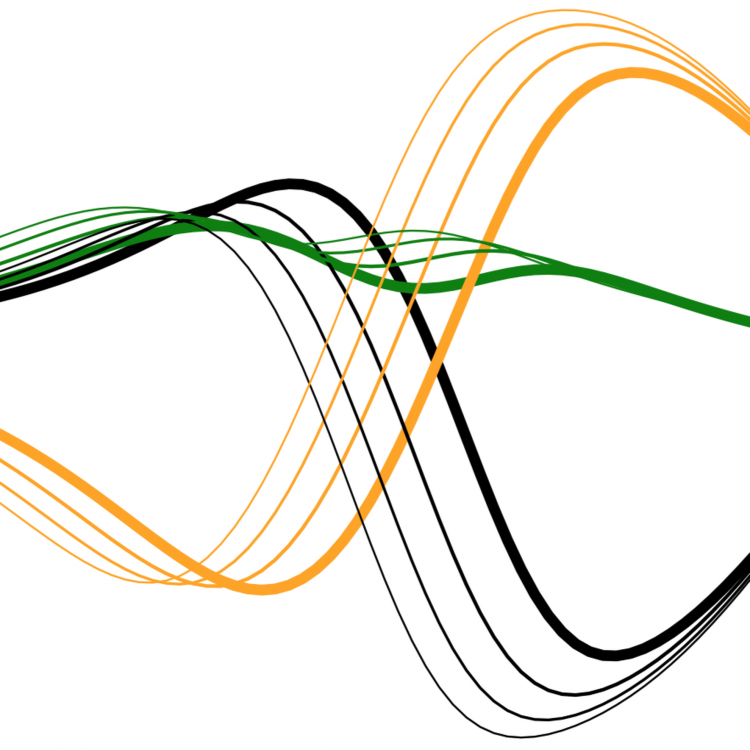The most challenging problems of our time are social dilemmas. Thes are situations where individuals are incentivised to free ride on others, but successful group outcomes depend on everyone’s contributions. Examples include, climate change action or compliance with non-pharmaceutical interventions in a large-scale pandemic. In both cases, individuals can rely on others doing their share, but when everyone adopts such a free-riding strategy the public good collapses [1].
Research projects in Information Technology
Displaying 11 - 12 of 12 projects.
Ecosystem Monitoring using Deep Learning
The project develops methods to use acoustic data for the identification of animals in the wild and in controlled settings. It is part of a broader effort to build AI-enabled methods to support biodiversity and sustainability research. The initial objective is to use deep learning techniques to perform acoustic species identification in real-time on low-cost sensing devices coupled to cloud-based backends. Ultimately, we are aiming to move to Edge-AI, ie.
Supervisor: Prof Bernd Meyer

